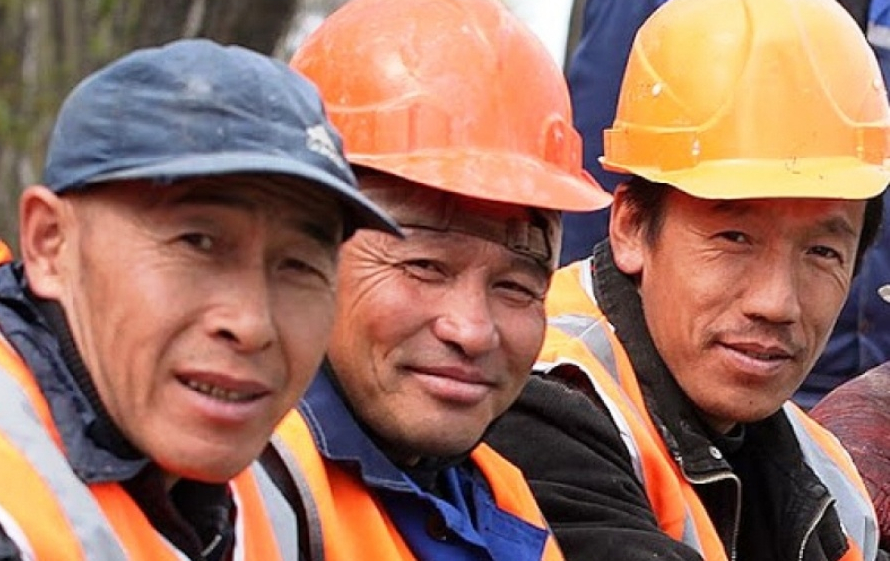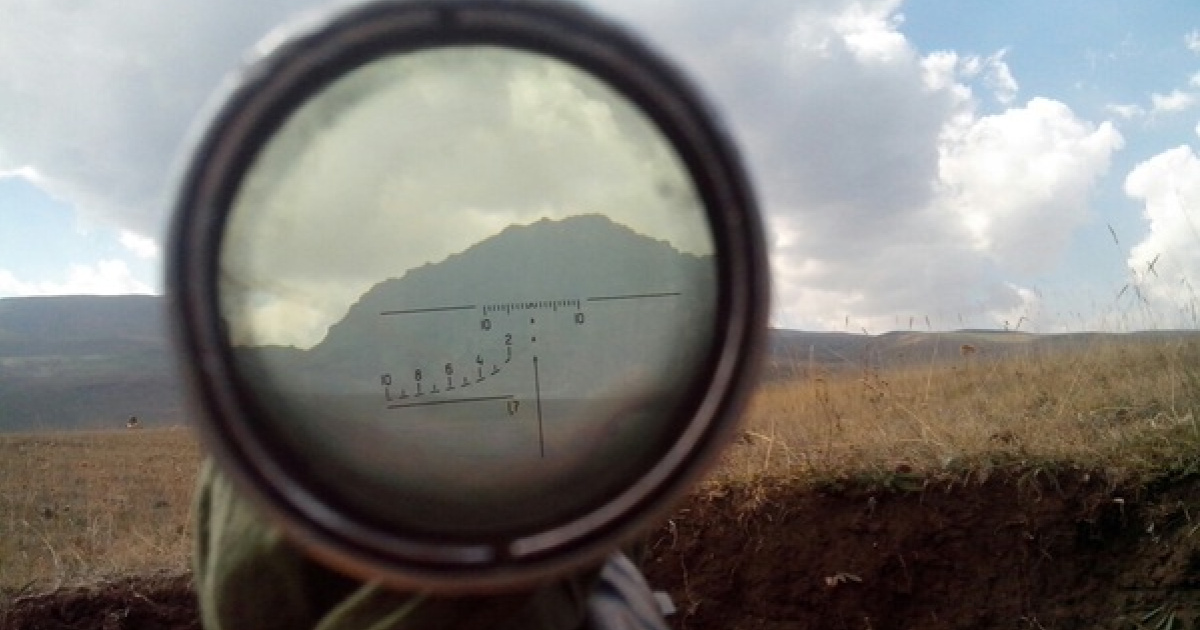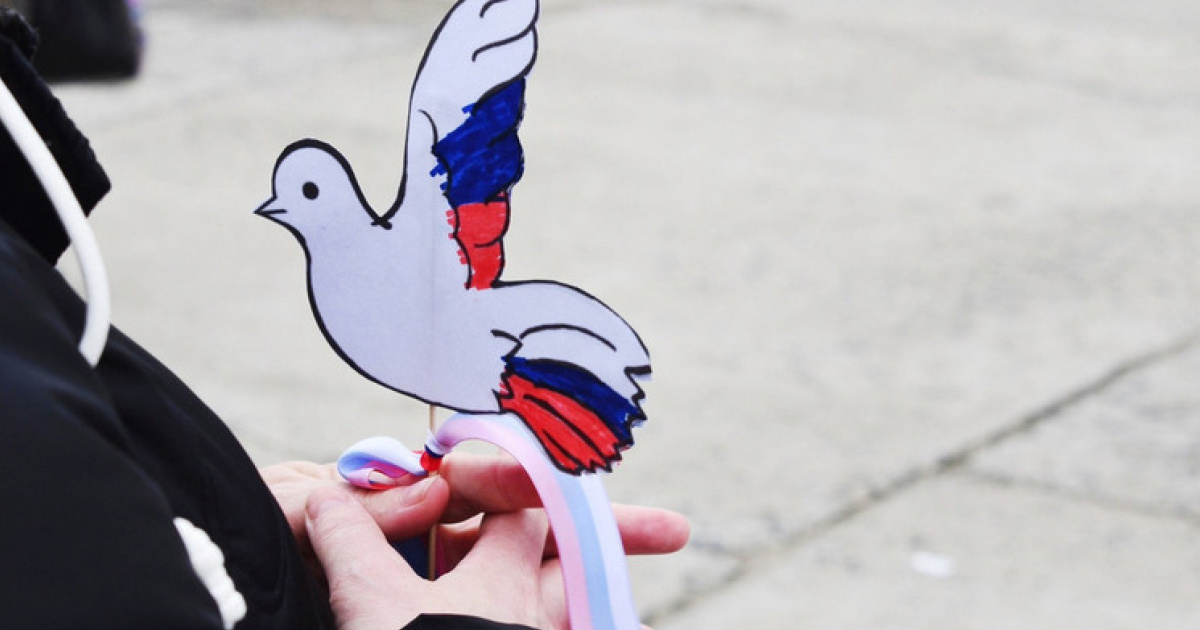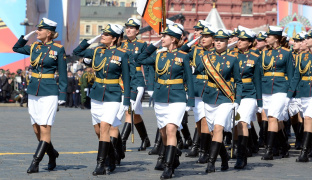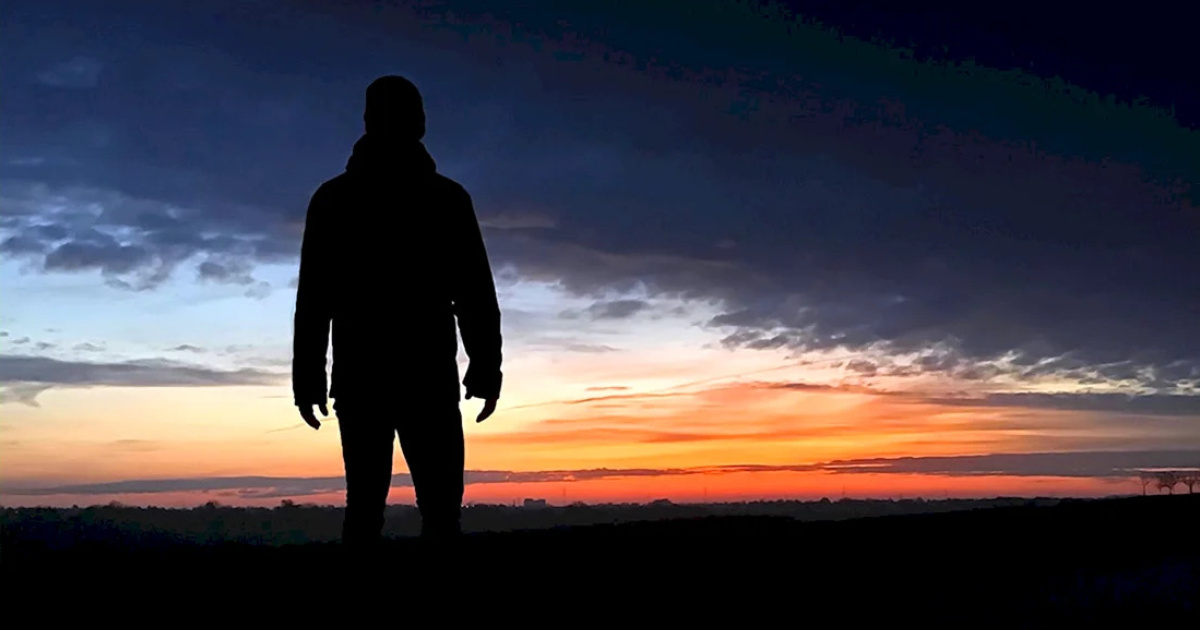With the onset of war in the eastern part of the country, writer Serhiy Zhadan actively travels to the front-line Donbass to meet with readers and soldiers. He helps not only by words but also by deeds: he is engaged in volunteering, supports the soldiers, children and families of the deceased Heroes, as well as participates in cultural, educational and humanitarian projects. Serhiy Zhadan told OstroV about his trips to the Donbass and the publication of a new novel.
- You often take part in various projects and cultural initiatives in the Donbass. How do you think the perception of the world changes for the inhabitants of the front-line towns?
- Somebody changes their views, someone does not. People are different, as well as their moods. In general, it seems to me that the atmosphere in these regions is really changing. It changes "to the Ukrainian side". The extent of these changes is a rhetorical question. How have the Ukrainian authorities changed over the past three years? How has the Ukrainian media changed? To each of us, changes are a complicated and controversial process and it is hard to bring down to a common denominator, to some figures and percentages. The Donbass is a complicated region, where nowadays extremely complex and deterministic processes take place. Unfortunately, it pays a very high price for its Ukrainian choice. Therefore, I think that it will never be the same as before the war.
- And what about the soldiers at the front? How much do they need help of cultural luminaries?
- I think they need it. They need support, solidarity, sympathy. If even we, in our peaceful towns, often need interlocutors and like-minded people, but people who are closer to the front need that even more.
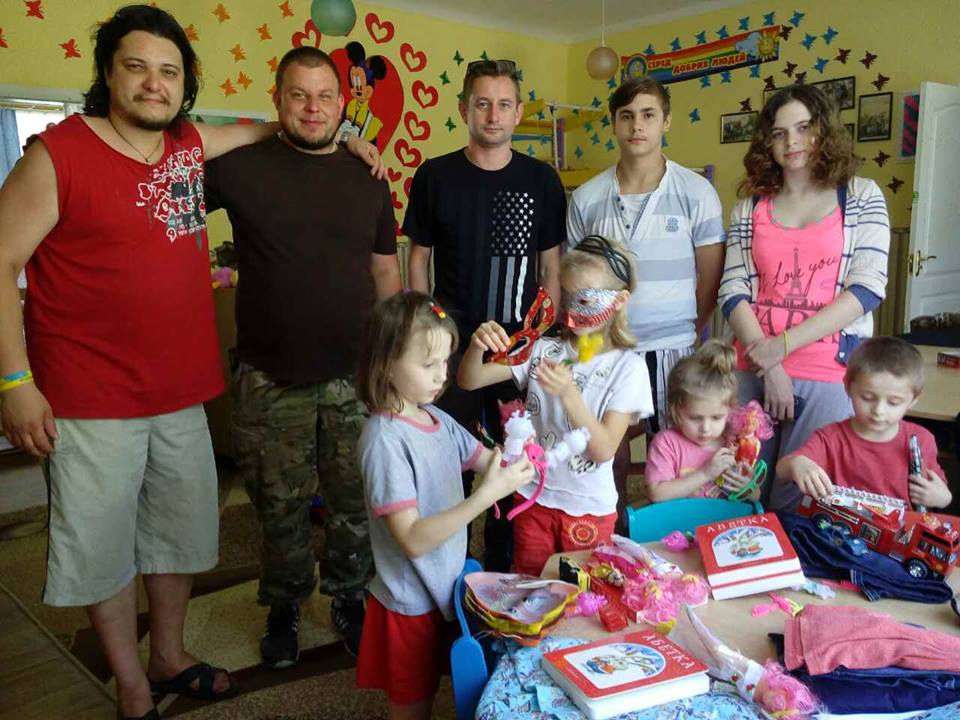
- Does the initiative to implement these projects often come from you or from other volunteer organizations?
- It happens differently. Sometimes the military themselves invite me. It all depends on who the commander is. We already have good relations with some units, so we visit them quite frequently.
- How difficult is it to involve other writers and artists to participate in such projects?
- Usually, everyone is happy to help and agrees willingly. It seems to me that Ukrainian culture decided with whom and for whom it is in this war long ago.
- Before the war, most of the current front-line cities were, frankly speaking, not very popular among cultural luminaries. Do you feel the cultural hunger in these cities?
- Cultural hunger is felt not only there. It is felt in all the cities of our country, even such as Kharkiv or Odessa. Well, maybe that is not so bad. Cultural indifference is worse than cultural hunger.
- What is the difference between a reader of front-line cities and more distant (outside the Donbass) for you? Are these different audiences, and what is their literary taste?
- There is no difference. A reading person is usually attentive and outspoken. No matter how far from the front line she lives.
- Meetings with readers in the Donbass – what feedback do you feel? How much does communication with the residents provide an understanding of cultural space of the country's east?
- Personally, I feel respect for people and desire to work further.
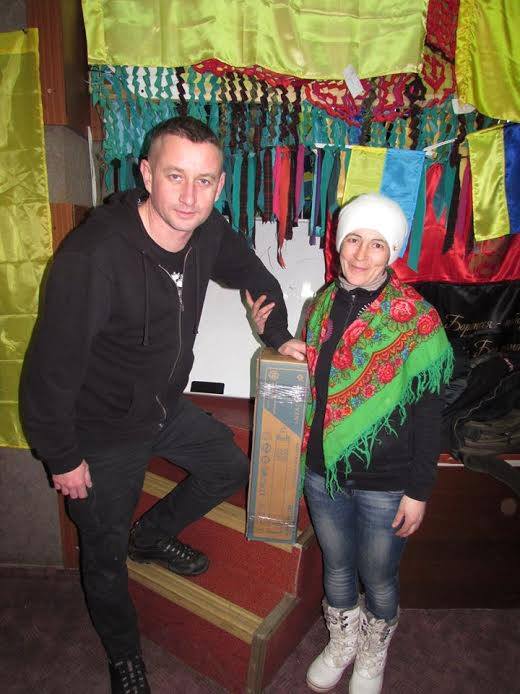
- How many of your books are presented in the Donbass libraries? Is that enough?
- My? Frankly speaking, I do not know, I do not care much about this. I and my friends-volunteers usually bring fresh publications to the Donbass – we want the libraries to have new arrivals.
- To what extent the field of culture, in particular literature, can serve as a counterpropaganda tool?
- Maybe, it can. It is just that I am not personally interested in being a counterpropaganda tool. I want Ukrainian literature to be read and demanded, in order to grow conscious and responsible citizens of our country.
- Anthology of the Donbass Ukrainian Literature will be presented in September. What was personally you interested with in this project?
- For me personally, this is an opportunity to show a whole layer of literature in its natural affinity with native writing. Donbass has given (and continues to give) Ukraine a large number of extremely talented names. It would be good to remember this when rating our fellow citizens who live in the East.
- Do you think such projects as the publication of Anthology may in some way contribute to de-occupation?
- I think they may contribute to the normal full Ukrainianization. What we, eventually, are doing.
- You are going to present your Boarding School (Internat) novel in August. What is it about?
- About war. About people in the war. About people in general. About civilians who were at the front line.
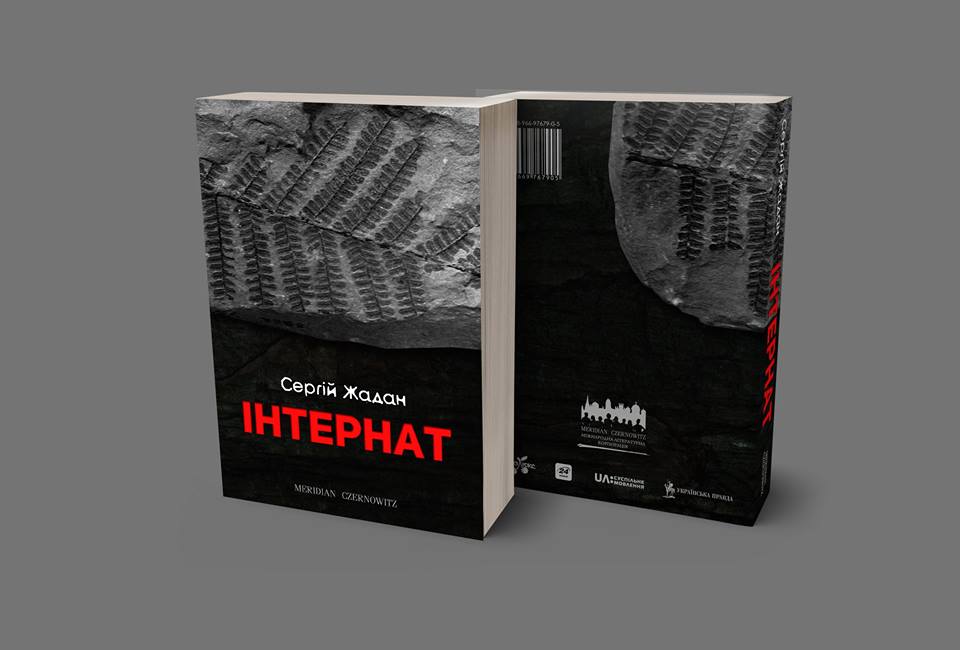
- Is our country or just east meant under the metaphoric title?
- The East is an integral part of the country, so its problems concern the rest of the country in one way or another concern.
- To what extent is this novel a documentary?
- This is a fiction. There are some events or situations that can be recognized, but in general – it is not a report.
- You have spoken somewhere that views of the hero of novel are different from your position. What exactly did you mean?
- His civic position is meant. Or, rather, its absence.
- Is your new novel a reflection on the heard and seen in the Donbass or, more likely, an expression of civic position via verbal weapon?
- This is definitely a reflection, this is something that has been seen or heard in one or another way over the past three years.
- In your opinion, today's cultural front is…?
- A place of strength and progress.
Iryna Holizdra. OstroV
